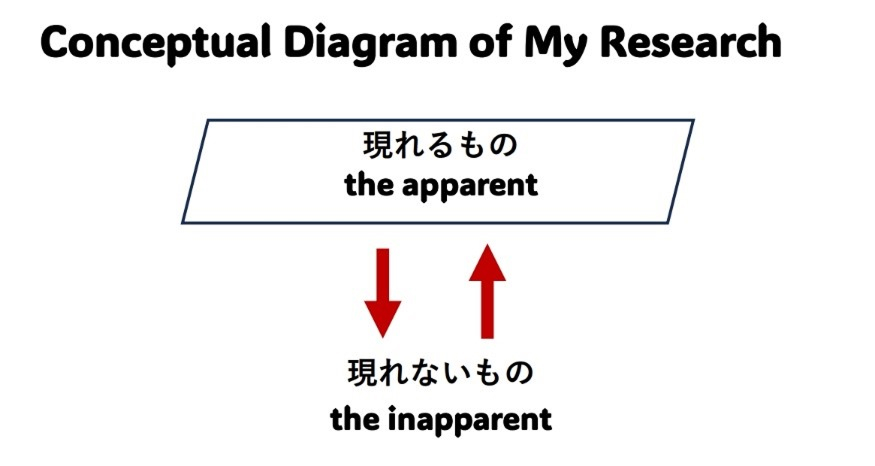Philosophy and PsychologyGender & Ethnicity
INOUE, Hitomi

広島大学 Research Fellow PD
Three main achievements (article)
- [Japanese] INOUE, Hitomi. “To Speak and to Speak Out: Reflections on Identity in Sexual Assault and Trauma Care,” Journal of Gender Studies, Institute for Gender Studies (IGS), Ochanomizu University, vol. 25, 2022, 177-195.
- [Japanese] INOUE, Hitomi. “Cross-disciplinary Perspectives on Sexual Assault and Trauma: Psychiatry and the Feminist “Victim-Survivor Discourse,” Women’s Studies, Journal of Women’s Studies Association of Japan, vol. 30, 2023, 73-91.
- [Japanese] INOUE, Hitomi. “Rethinking Sexual Assault Victimization and Trauma in Neoliberalism and Post-feminism,” Journal of Collaborative Future Creation, vol. 8, 2021, 31-63.
Field of study
Phenomenology, Gender Studie, Anthropology
The kind of researcher you are aiming to become
I want to be a researcher who continues to stand in the “in-betweens”. Various “in-betweens” such as victim and perpetrator, victim and supporters, victim and society, etc. arise in issues of sexual violence and victimization. In particular, sexual victimization is inextricably linked to social stigma and exclusion. For victims, “being a victim of sexual violence” is not always self-evident. There is a “gap” between being a victim of sexual violence and not being a victim of sexual violence. I would like to be a researcher who does not “close” the “gap” from the outside, but rather, through concrete descriptions, stands in the “gap” itself and continues to open up questions that arise from it.
Introduction to your research theme
The aim of this project is to clarify the limits of ‘reconciliation’ based on disclosure and dialogue about sexual violence victimization through an examination of the issue of sexual violence victimization and the public sphere.
The second-wave feminist movement, which began in the late 1960s in the United States with “the personal is political”, attempted to discuss sexual violence in public. Feminist clinicians focused on the psychiatric vocabulary and discourse of trauma and PTSD. In recent years, attention has focused on trauma-informed care. This has raised trauma-informed engagement as a public health issue.
This growing momentum, however, does not diminish the importance of issues such as “silencing” or ” concealing” sexual violence victimization. In Europe and the United States, since the 2000s, there has been growing discussion not only about psychological support provided by psychologists, psychiatrists and other professionals, but also about “social support” provided by those who live with them. Indeed, sexual violence has a higher incidence of PTSD than other traumatic experiences such as natural disasters. In terms of access to social resources and support, disclosure of sexual victimization and the co-operation of those around them is extremely important. On the other hand, the debate about ‘disclosure’ is also underpinned by the ‘difficulty of disclosure’. Disclosing does not always result in a positive response from those involved.
This study therefore aims to re-examine the issue of disclosure. In this way, we will explore a way of discussing the non-appearance of sexual violence victimization in the public sphere as itself.
Tentative title of your working paper
The Apparent and The Inapparent: Rethinking Sexual Assault Victimization and Publicness
Research Image


